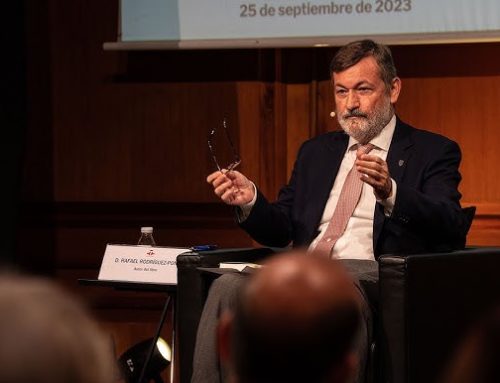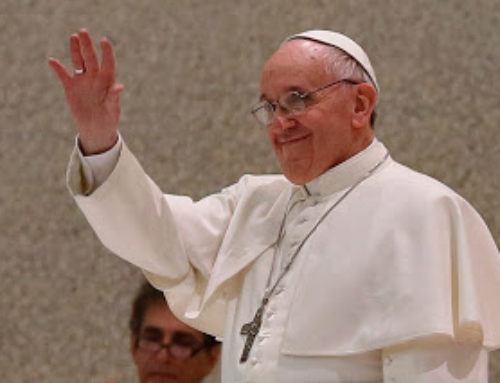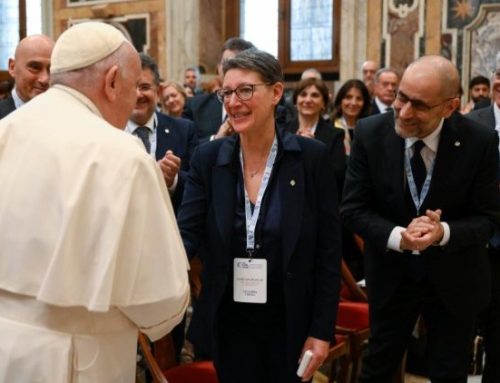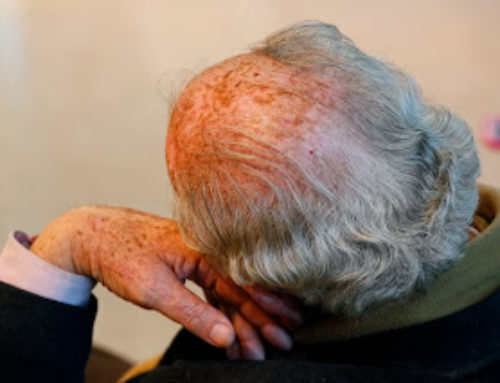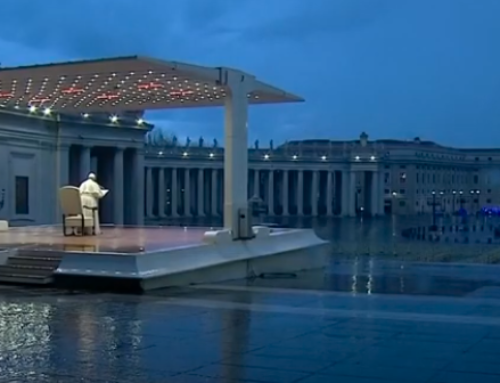5 October 1986
To the sick and disabled in the Cathedral of Lyons
In the afternoon of Sunday, 3 October, the Holy Father met a large group of the sick and disabled in the Cathedral of Lyons. He gave the following address:
Dear Brothers and Sisters,
1. Jesus welcomed all who were suffering physically and morally. He even went to meet them. One could apply to him this word of Isaiah: “He took our infirmities and accepted the burden of our sicknesses”(Mt. 8:17). He came close to all who were wounded in life, like the Good Samaritan. He undertook to heal, to free, to save, to bring back to life, and he announced the Good News of the love of God, the privileged welcome of the afflicted in the Kingdom of God. “Blessed are the afflicted, for they shall be consoled” (Mt. 3:5).
I have listened attentively to the beautiful testimony given by your spokesman, who is himself sick, and that of your friend who represents all those who work in the pastoral service of the sick. I too have Good News to share with you, in the name of Jesus I shall try to do so briefly, for the sick and disabled expect that I should stop beside each one of them, as a witness to the tenderness of God.
2. You fill this temple of God today. This magnificent primatial church of St. John which goes back to the twelfth and thirteenth centuries. It is a great place, historically speaking, and today it is the heart of the Diocese of Lyons, where the Christians of all kinds come together around their Pastor, your beloved Archbishop. Indeed, it has been the Chief place of the universal Church on several occasions, because two ecumenical Councils sat here: especially noteworthy is the second, which sought unity between the Christians of East and West. This is truly a sanctuary where it is appropriate to pray for all the Church. And thus today it is you who have the place of honour in this holy place: for indeed the sick occupy a privileged place in the Church which is the Body of Christ, very close to his Heart which was wounded and is eternally open, as we have reflected this morning at Paray-le Monial.
Technique and devotion
3. Together with the sick and the disabled, I greet the representatives of all those who devote their time, their skills and their heart to caring for them: doctors, technicians, researchers, teachers, medical students, those who give spiritual support, members of the personnel who nurse and who work in administration, those who work in medicine or psychiatric care, or also in giving social assistance, those who work in the social sciences.
I know that Lyons is a centre of medicine in all its branches, including an international centre of research into cancer.
I encourage you to pursue your research boldly; to give the maximum skill in nursing care; to fight illness in all its forms, and also in the natural or human causes of sickness. All this belongs to the plan of God, who gave man intelligence, and skill so that he might make progress in the discovery of the human organism and put the fruits of this discovery at the service of man. When you defend human life, you are cooperating with God.
Today, this medical progress demands a generous solidarity and a rigorous collaboration among you, believers or unbelievers, with the help of the State and with the contribution which the Church has willingly given all through her history, according to her possibilities. On this point, the Gospel is a strong appeal to get people moving. The new commission which I have set up at the Holy See for the pastoral care of those who work in the health service shows this concern.
Those who nurse must bring more than a technique: they must bring a warm devotion that comes from the heart, and an attention to the dignity of the person. Be always careful not to reduce the sick person to an object of care – make him the first partner in a combat that is his combat. And, in the grave ethical problems that are posed to your professions, I encourage you to find the demanding answers that are in conformity to the dignity of the life of the sick person and to his character as a person.
Your professions, dear friends, often demand from you a work that is crushing: sometimes you feel yourselves to be without defences in the face of so many sufferings, in the face of the precariousness of life. But what a noble service is given by you to humanity! You are like the good Samaritans of the Gospel. And this service has no frontiers, for the needs of health care are immense and urgent in the Third World.
As I said, your sick people need to be accompanied in a way that is as human as possible. They need a spiritual accompaniment: here, you are aware that you are on the threshold of a mystery that belongs to them.
4. And you, dear sick and disabled people, how well we understand your hope of getting better, of being cured, your thirst to live better, to live fully, in your human organism! The sick came to Jesus with the same hope. And in addition to nursing, you desire to be surrounded by care, love, and tenderness.
Although you often suffer from an inevitable state of depending on others, you too would like to have a certain activity as far as your health allows you: you wish to feel yourselves useful in society and in the Church. You wish to take your place there, to enter the network of solidarity with other sick people and also of solidarity with those who are in good health. We wish fervently that you may find this integration, in families, in the associations of the disabled, in the Christian communities.
Dear friends, yours is a yet deeper experience, a personal experience which you can share in part, but which remains the secret of your pain in the trials of suffering and, I hope, in hope that comes from faith. Sometimes those who accompany you, those near to you, your priests are permitted to see this experience which is difficult to express. It can be a feeling of anguish, even a revolt: why should I have to suffer in these circumstances? It can also be a reflection that is nurtured in patience, a calm, even a certain interior joy that comes from the awareness of being in solidarity with others who are put to the test, and from the certainty of being loved by God and of being unified to Christ on the cross.
A great mystery
5. Useful? You are assuredly useful by the simple fact of your presence. In a world marked by anonymity, technology, haste, concern for output, the thirst for pleasures that can be experienced immediately, you are there simply with the value of your person, with your interior life, with your need for true human relationships. Thus the world halts before you and begins again to consider what is essential: the meaning of life, disinterested love, the gift of self.
If you have the happiness to be believers, and if you look at Christ crucified, then you will penetrate more deeply into a great mystery that is hidden from the eyes of the world. After having cured as many sick people as possible, Christ passed from compassion to the Passion. He took suffering on himself, without seeking to explain it. No one has entered this mystery as Christ did. In him, suffering was joined to love, and suffering was redeemed. When it was offered, it became a redemptive power, transfigured in the Resurrection. Yes, Christ has grafted on to the root of suffering the might of the redemption and the light of hope. And so the believer who suffers – in the crucible of his suffering, which remains intact – unites himself in silence to the redemption of Christ, like Mary at the foot of the cross. It is not a case of passive resignation or of fatalism, for such a sick person continues to desire to live, with the help of the doctors; but he is ready to give up his life to God, when the moment of the great journey comes. He lives out of the grace of love. This is a gift of God; I ask it for you.
I can tell you that the efficacy of my ministry as successor of Peter, to ensure the fidelity and the unity of all the Church, owes much to the prayer and the offering of the sick. I entrust it to you. You yourselves have a great place in my heart and in my prayer. I have dedicated to you a long letter on the Christian meaning of suffering, Salvifici Doloris, on 11 February 1984, the feast of Our Lady of Lourdes who welcomes the sick in such a generous way.
6. Before I arrived, you took part in the Eucharist. St. Irenaeus, that great Bishop of Lyons, insisted on the marvel whereby God places the incorruptible Body of Christ in our corruptible bodies in holy Communion. The sacraments of the Eucharist and of reconciliation are healing gestures of Christ, which were signified and outlined in his miracles: these sacraments are the pledge of the fullness of salvation which God promises. We are called to life eternal, face to face with the living God, “Blessed are the afflicted, for they shall be consoled”! This is the Good News of the Lord Jesus.
My wish is that you may now feel that the love of God has drawn near to you, through the affection of your family, through the devotion of those who care for you, and through the pastoral work of the Church on your behalf. With all my heart, I bless each one of you, as well as all those who accompany you.
John Paul II

